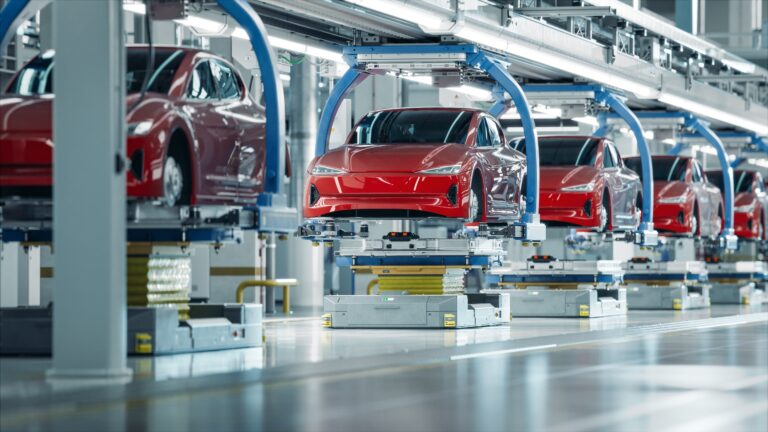Electric
Vehicles Challenge Traditional Cars in Lifespan and Sustainability

New research highlights that battery-powered electric vehicles (EVs) now rival traditional internal combustion engine vehicles (ICEVs) in terms of lifespan, strengthening their environmental and economic appeal. The shift to electric vehicles is widely acknowledged as a crucial measure for lowering carbon emissions and advancing sustainability. While fully battery electric vehicles (BEVs) offer the potential to eliminate fossil fuel reliance, a comprehensive analysis of their life cycle, from production to disposal, is crucial in assessing their true benefits.
Manufacturing EVs demands a high level of resources, requiring substantially more critical minerals than conventional vehicles. Consequently, the environmental impact of manufacturing EVs is about 50% higher than that of ICEVs. However, the long-term advantages of EVs, particularly during their operational phase, can outweigh these initial drawbacks. Unlike ICEVs, BEVs produce no tailpipe emissions and can be powered by renewable energy sources like wind and solar, making them increasingly sustainable as the global energy grid shifts towards cleaner energy.
Economically, EVs present both challenges and benefits. While their initial purchase price is approximately $12,000 higher than that of ICEVs, they generally offer lower maintenance and operational costs. Studies show that BEVs cost around $0.06 per mile to maintain, compared to $0.10 per mile for ICEVs. Additionally, government incentives, tax exemptions, and lower fuel costs further enhance the financial feasibility of EV ownership. However, trade policies, such as tariffs on foreign-made EVs, could influence their affordability in different markets.
A vehicle’s longevity is a crucial factor in determining its overall environmental and economic value. Traditionally, ICEVs have been seen as more long-lasting due to years of technological advancements. However, recent research analyzing 300 million UK Ministry of Transport (MOT) test records suggests that modern BEVs now achieve comparable, if not superior, longevity. BEVs typically remain in use for 18.4 years and can reach 124,000 miles, outperforming traditional petrol cars in total distance traveled. Additionally, BEVs have demonstrated a significant improvement in reliability over time, with each new model reducing failure rates by 12%.
These findings reinforce the sustainability and viability of BEVs as long-term transportation solutions. As renewable energy adoption grows, the environmental benefits of EVs will continue to increase. Experts emphasize that despite the higher emissions associated with EV production, their extended lifespan and reduced operational footprint help offset these initial drawbacks. With continuous technological advancements and supportive policies, EVs are poised to play a critical role in the shift toward a more sustainable and energy-efficient future.


